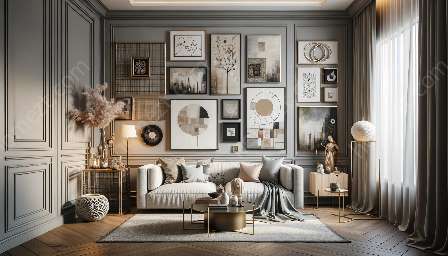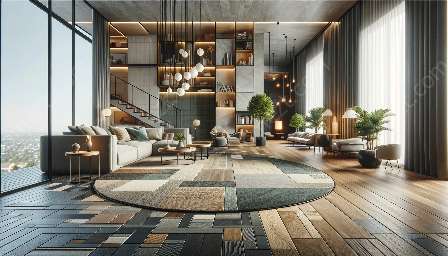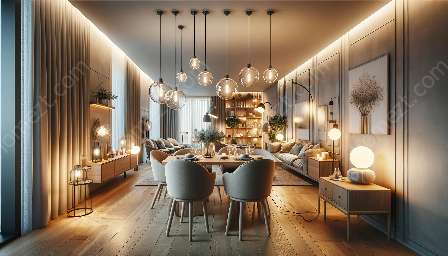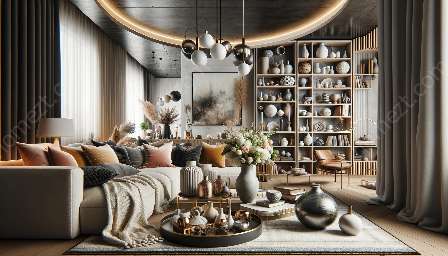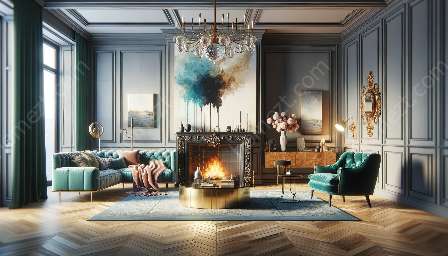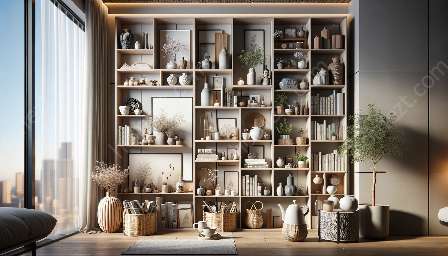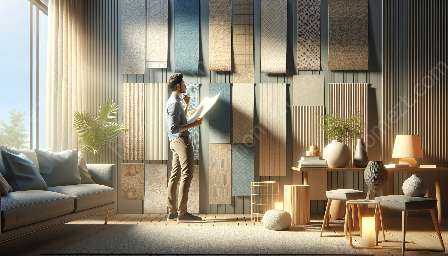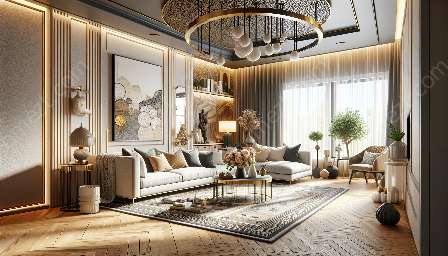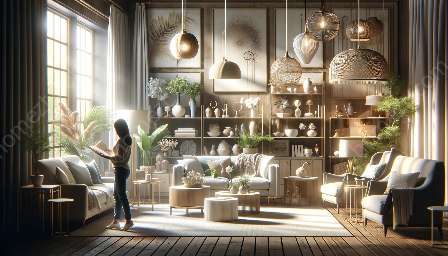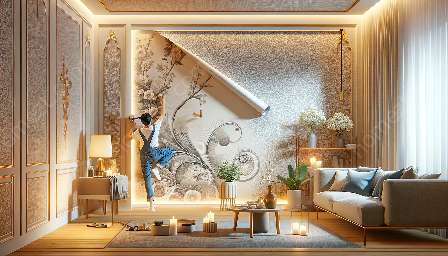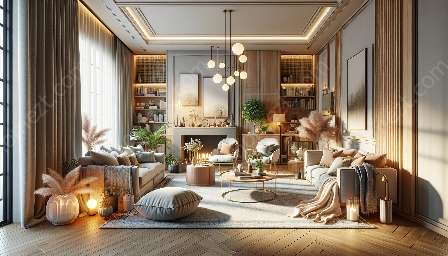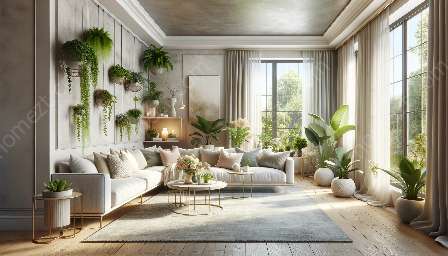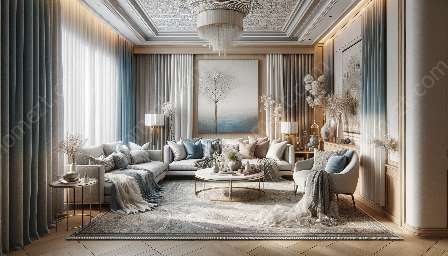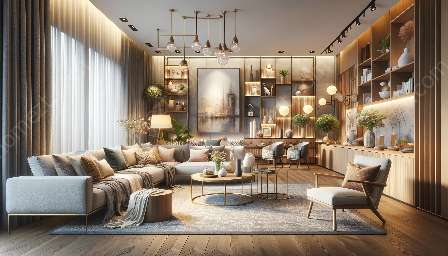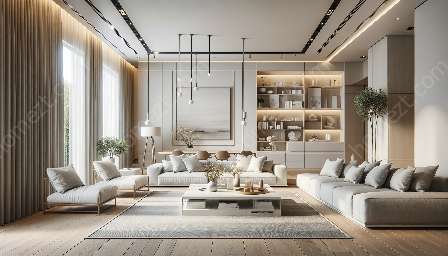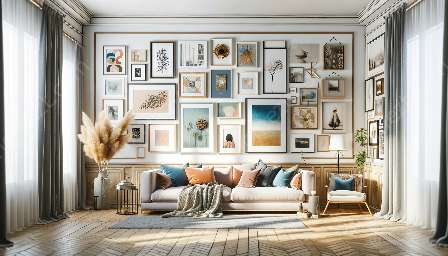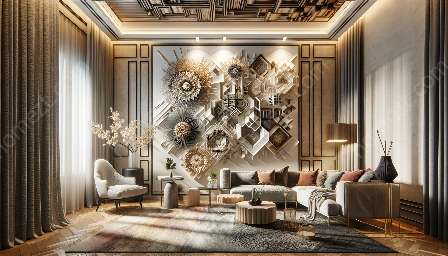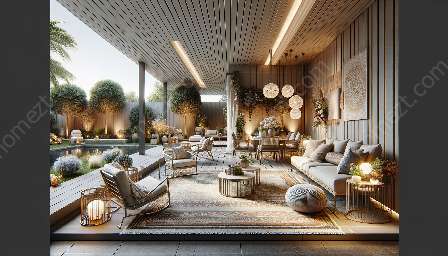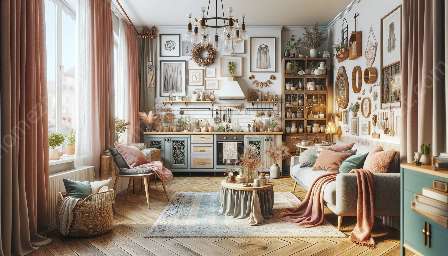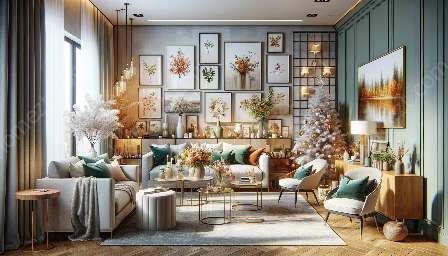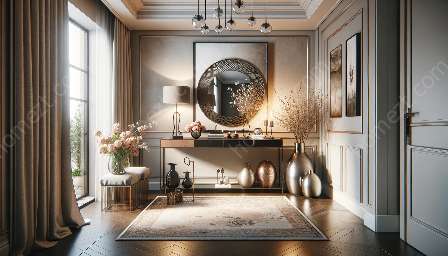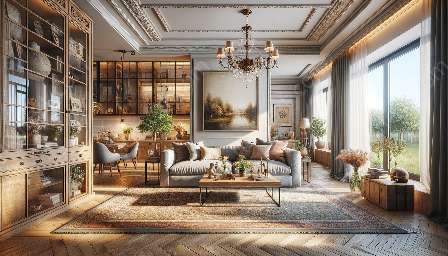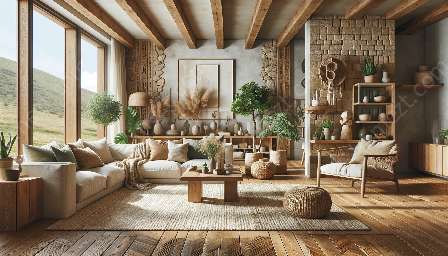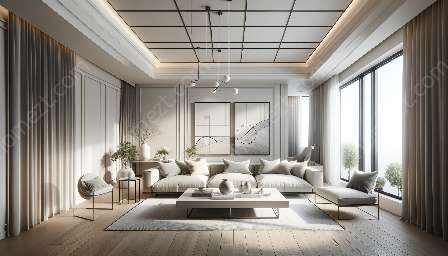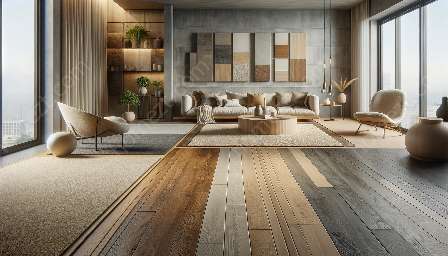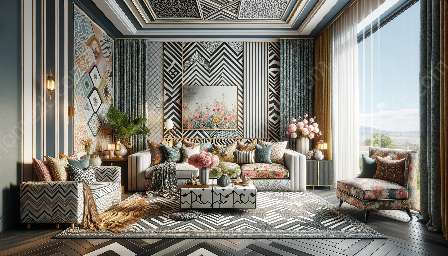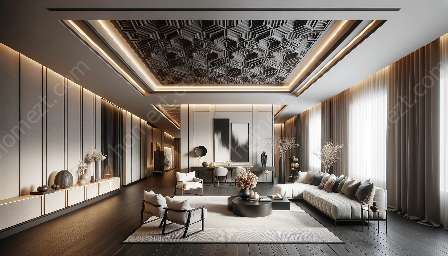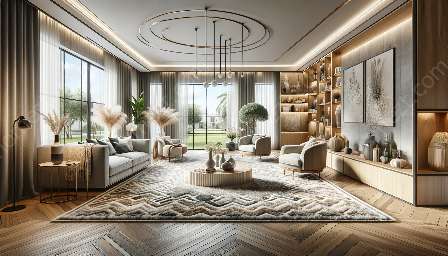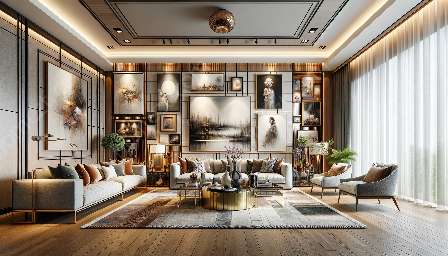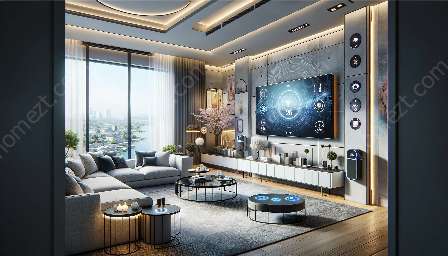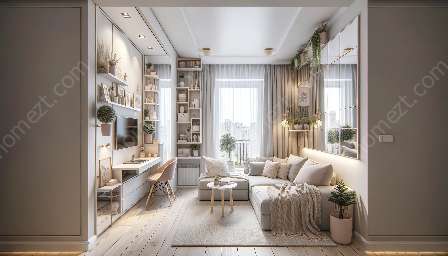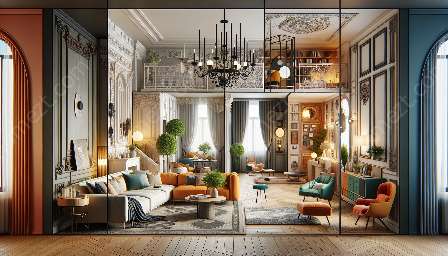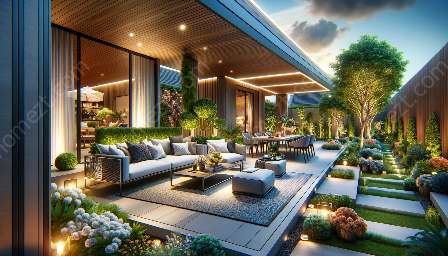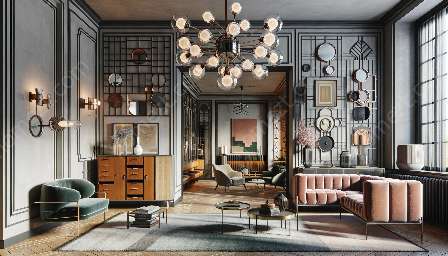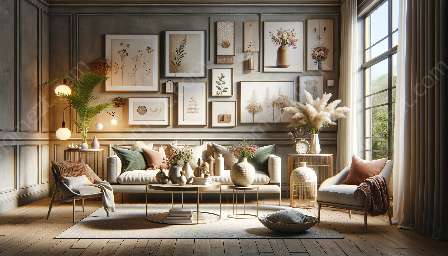Choosing the right furniture style for your home can have a significant impact on your mood, productivity, and overall well-being. The psychological effects of furniture styles can influence how we feel and behave in our living spaces, making it essential to consider these factors when decorating our homes.
The Influence of Furniture Styles on Emotions
Furniture styles play a crucial role in shaping the ambiance and atmosphere of a room. Each furniture style has its own unique characteristics and aesthetic appeal, evoking different emotions and moods.
Traditional Furniture Styles
Traditional furniture styles, with their ornate details and rich textures, often evoke a sense of warmth, comfort, and nostalgia. These classic styles can create a cozy and inviting atmosphere, making them well-suited for homeowners who value tradition and heritage.
Modern and Contemporary Furniture Styles
In contrast, modern and contemporary furniture styles are characterized by sleek lines, minimalist designs, and a focus on functionality. These styles often promote a sense of clarity, simplicity, and efficiency, ideal for individuals who prefer a clean and uncluttered living environment.
Eclectic and Bohemian Furniture Styles
Eclectic and bohemian furniture styles embrace creativity, individuality, and a mix of diverse elements. These styles can evoke a sense of freedom, self-expression, and artistic inspiration, making them suitable for those who embrace non-conformity and unconventional design.
Transitional Furniture Styles
Transitional furniture styles combine elements of traditional and contemporary designs, striking a balance between classic elegance and modern simplicity. This versatile approach to furniture styles can create a harmonious and inclusive environment, catering to individuals who appreciate both timeless charm and contemporary allure.
Impact of Furniture Styles on Productivity and Well-Being
Aside from influencing emotions, furniture styles also play a role in shaping our productivity and well-being within a space. The functionality and arrangement of furniture can impact our daily routines, work habits, and overall sense of comfort.
Ergonomic and Functional Furniture
Furniture styles that prioritize ergonomic design and functionality can contribute to improved productivity and well-being. Well-designed ergonomic furniture, such as adjustable chairs and standing desks, can support proper posture, reduce physical strain, and enhance overall comfort, promoting a healthier and more efficient work environment.
Clutter-Free and Organized Spaces
Minimalist furniture styles that advocate for simplicity and organization can help create clutter-free living spaces. A tidy and uncluttered environment can reduce stress and anxiety, allowing for better focus, creativity, and mental clarity.
Comfort and Relaxation
Furniture styles that prioritize comfort, such as plush sofas, cozy armchairs, and soft bedding, can contribute to a more relaxing and rejuvenating atmosphere. Comfortable furniture encourages relaxation and unwinding, supporting mental well-being and overall stress reduction.
Personalization and Emotional Connection
Furniture styles that enable personalization and emotional connection, such as custom-made pieces or sentimental heirlooms, can foster a sense of identity and belonging within a space. These personalized elements can enhance emotional well-being and create a more meaningful and nurturing environment.
Choosing Furniture Styles That Suit Your Personality
Understanding the psychological effects of different furniture styles can help you make informed decisions when choosing furniture for your home. Consider your own personality, preferences, and lifestyle to select furniture styles that resonate with your individuality and contribute positively to your living experience.
Self-Reflection and Personal Preferences
Reflect on your personal preferences, lifestyle habits, and aesthetic inclinations to determine which furniture styles align with your unique needs and tastes. Consider factors such as color schemes, textures, and design motifs that reflect your personality and evoke the emotions and moods you wish to cultivate in your living space.
Functional Considerations
Assess the functional aspects of furniture styles, such as their suitability for your daily activities, spatial requirements, and practicality. Choose furniture styles that enhance the functionality of your living space and support your specific needs, whether it be for work, leisure, or social activities.
Experimentation and Adaptation
Be open to experimenting with different furniture styles and adapting your choices as your preferences and lifestyle evolve. Your living space should be a reflection of your dynamic personality and changing needs, allowing you to explore diverse furniture styles that resonate with different aspects of your identity and emotional well-being.
Decorating with the Psychology of Furniture Styles in Mind
Once you've chosen furniture styles that align with your personality and well-being, consider how to integrate these styles into your home decor to create a cohesive and harmonious living environment.
Harmonizing Different Styles
If you're drawn to multiple furniture styles, explore ways to harmonize them in your decor while maintaining a cohesive overall look. You can achieve this by using complementary color schemes, integrating transitional pieces, or strategically blending diverse styles within specific zones of your home.
Embracing Emotional Connections
Infuse your living space with furniture pieces that hold emotional significance or personal meaning, creating a deeper sense of connection and comfort within your home. These sentimental elements can add layers of personality and warmth to your decor, enhancing the emotional impact of your chosen furniture styles.
Balancing Functionality and Aesthetics
Strive for a balance between functional needs and aesthetic appeal when arranging and decorating with your selected furniture styles. Consider the practicality of furniture placements, traffic flow, and usability while maintaining a visually pleasing and emotionally rewarding ambiance.
Adapting to Evolving Preferences
As your lifestyle and preferences evolve, be open to adapting your decor and furniture styles to accommodate these changes. Embrace the fluid nature of self-expression and well-being within your living space, allowing your decor to evolve alongside your personal growth.
Understanding the psychological effects of furniture styles and their impact on emotions, productivity, and well-being empowers you to make mindful choices when selecting and decorating with furniture. By considering the interplay between furniture styles and psychological cues, you can create a living environment that resonates with your personality, fosters emotional well-being, and supports your unique lifestyle needs.

